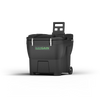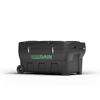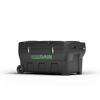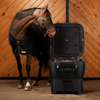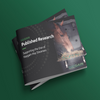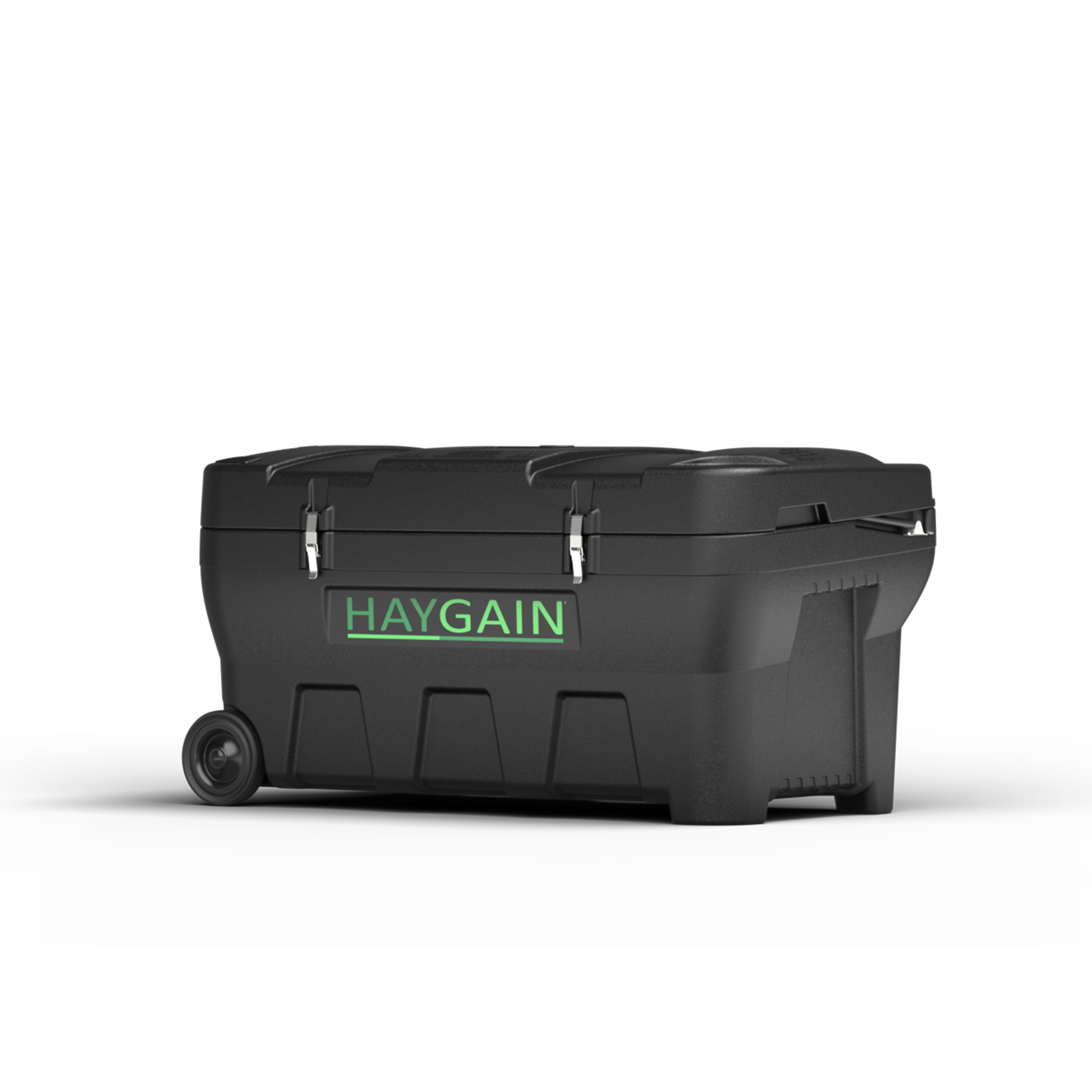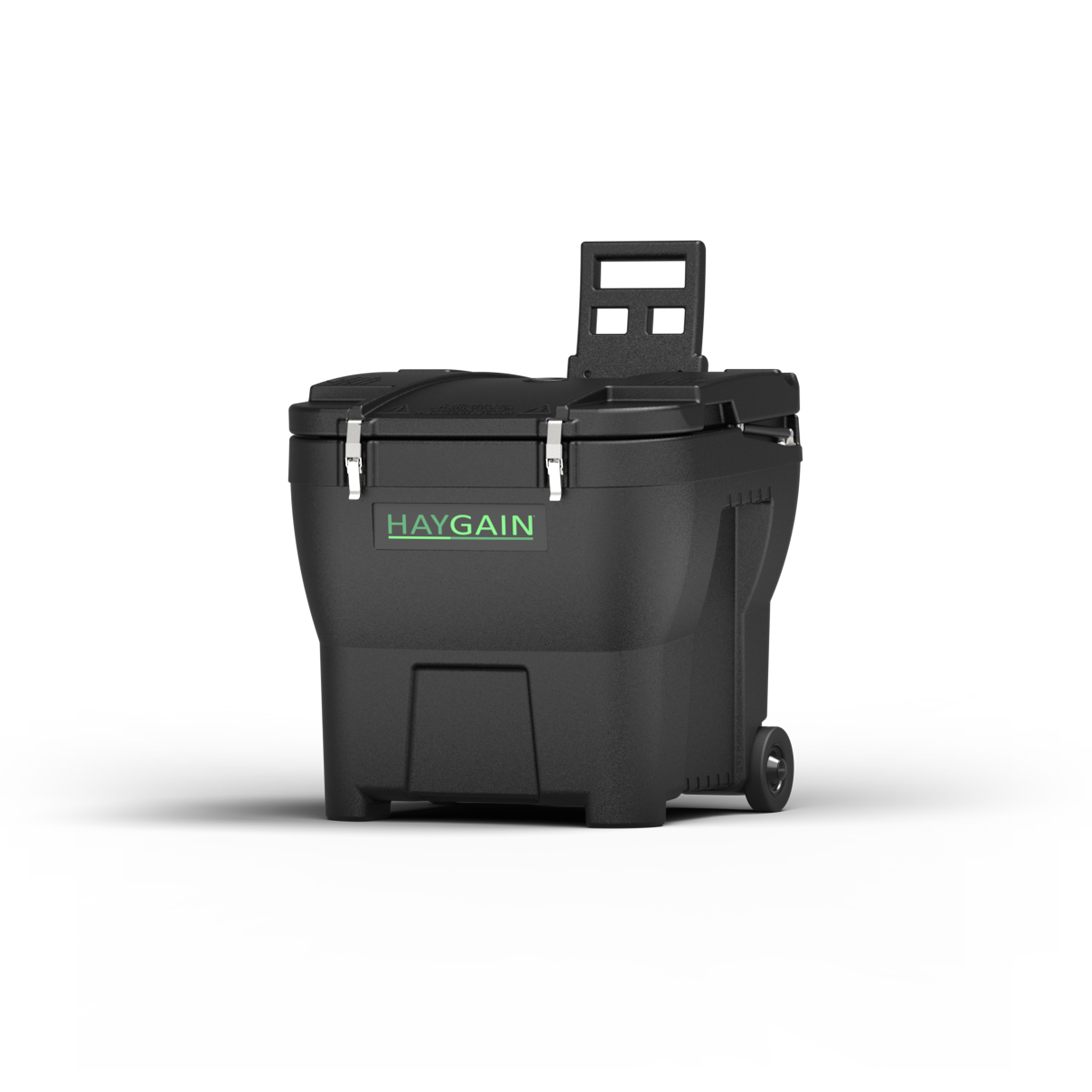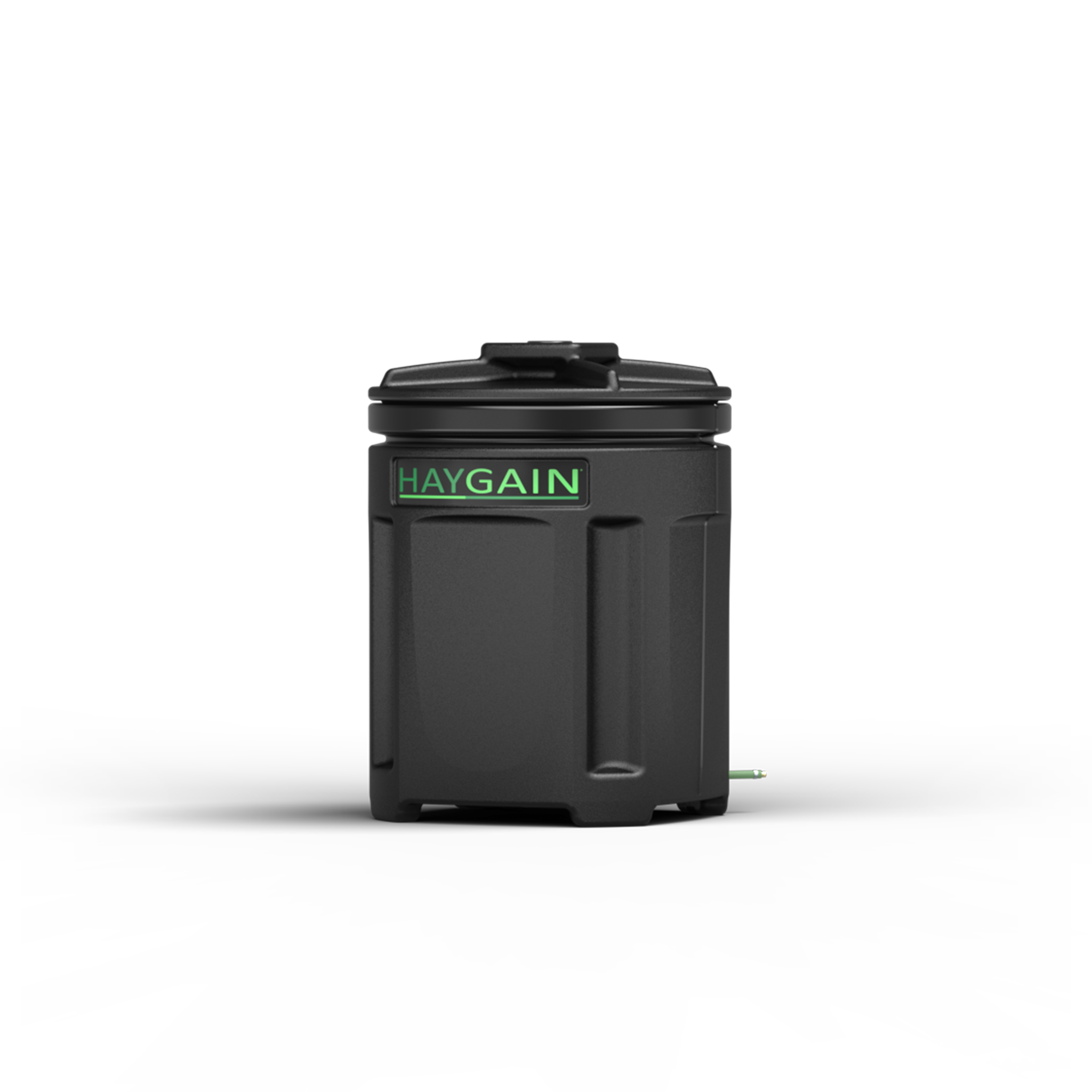Written by: Nicola Kinnard-Comedie MSc, BHSAI Int. SM
Going away on holiday? 6 things you need to do first

The school holidays are underway and many owners will be looking forward to a well earned break. Who looks after your horse in your absence? The livery yard? A house sitter? A friend or partner? Are they horsey or being roped in for horse duties? In the summertime caring for a friend’s horse can seem a bit more appealing, with less rain, mud and mucking out to worry about and no doubt you’ll be looking after someone elses horse for a night or two at some point.
Whether you are leaving your horse in the hands of an experienced owner or rider or drafting in a less horsey friend here are six things you should do before you go away. These will help your horse and the person that you’ve left in charge.
Make some ‘what if’ decisions
No horse owner wants to get into the holiday spirit by thinking about injuries or illness which could affect their horse while they are away. However horses are horses, and they always seem to know when you are running late (the only time you can’t catch your horse), have limited time (they are extra dirty) or have an important competition (they lose a shoe or won’t load). It is really sensible to consider what you would like to happen in your absence in the event of a serious injury, a wound on a joint (which may need flushing out) or colic.
Would you like your horse hospitalised? Do you have insurance or financial reserves to cover surgery or extensive veterinary fees? Perhaps you feel strongly that you wouldn't want your horse to have an operation?
It is worth checking through the small print of your insurance policy and being very clear about what treatments your horse is and isn’t covered for. Colic surgery can cost between £4000 and £10,000 depending on where you are located in the UK, the complexity of the surgery and length of hospital stay. You should also consider the aftercare, which will involve 8 to 12 weeks of box rest and very careful management before a gradual return to turnout and exercise. It is essential that you make an informed decision, and have thought about the implications of surgery for your horse, rather than a spur of the moment decision at 2am.

Livery yard staff, friends, family and the vet themselves would make every effort to contact you, but sometimes even modern technology fails. You might have no signal, or forget to pack your phone charger and it could take time to reach you. It is essential that you have thought about some of these worse case scenarios and discussed this with the horsey holiday cover, which leads nicely to my second point.
Create an emergency plan
Having a clear emergency plan in place could be very helpful if your horse was unfortunate enough to become injured or unwell whilst you are away.
Talk through your decisions for hospitalization or surgery and leave a copy of your insurance policy with your friend or yard owner.
What about transport? Can the person caring for your horse get the horse to a hospital if necessary? If they don’t have transport themselves, do research an alternative for them. Where is the horse’s passport? This would be required by a veterinary hospital and should be with the horse whilst it is transported.
Tell your vets
Some owners like to let their vet know who is in charge of their horse whilst they are away, and this can be a sensible step to take.

In the event of your horse needing hospitalisation or surgery someone will be responsible for signing the consent forms, so it can be useful to have let the practice know who will be making decisions for your horse in your absence.
Provide useful phone numbers
We are all so used to having every contact number at our fingertips stored in our phones that busy owners often forget to write some of these numbers down.
Create a list including numbers for your veterinary practice, their out of hours number, your farrier, a transport company and perhaps another friend who could be contacted in an emergency.
Should any of this information be required your friend will have it easily available, and in an emergency situation time is of the essence.
Explain ‘normal’
As a horse owner you are the expert on your own horse, and it is helpful to explain what is normal for your horse to the person you are leaving in charge.
Establishing a baseline respiration rate, heart rate and temperature for your horse are all sensible steps to keep your horse healthy. The more you know ‘normal’ for your own horse the quicker you can spot ‘abnormal’ and take action. You might like to also detail the amount of droppings that your horse usually produces when stabled, as a change or reduction in fecal output can be an early sign of colic.
If you haven’t done so already do take a few minutes to record these vital signs for three days and work out an average normal reading for your horse. Remember to measure these parameters at a quiet time of day, and assess respiration rate first as this is most easily affected. Add this information to your emergency plan as it could be very helpful in the event of your horse being unwell.
Leave it ready
Changes in management can be a common cause of colic, so make life as easy as possible for the person you are leaving in charge by making up dry feeds or haynets in advance. Not only will this save them time (they will be most grateful), it will provide consistency for your horse.

Ensuring that your horse keeps to it’s regular quantities of hay and feed is so important for your horse’s waistline, particularly if they are having a holiday and not being ridden whilst you are away.
Clearly labelling feed bins will prevent a mix up, or any unsoaked food being fed in error, very important if you are leaving your horse with a less experienced friend or family member to care for your horse. If you are away over the summer months I hope you have a lovely break. Actioning the steps outlined in this article could really help your horse, the person looking after them and your vet in the event of an emergency situation or sudden illness. I truly hope that you don’t need to use your emergency plan, but over the years horses have certainly taught me that it’s best to be prepared.
A note from Haygain:
If you are going away and leaving someone else in charge of your Haygain steamer, make sure they know exactly how it works so that your horses don't miss out on that all important steamed hay! Why not contact us and get some quick reference posters sent out to stick on the wall :)
